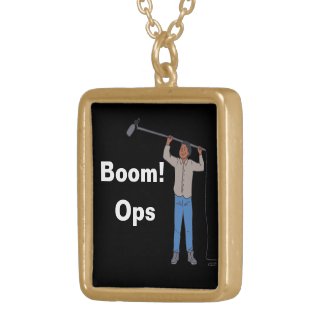There are actually quite a few cameras that meet Netflix’s approval standards for original productions. Some commonly cited examples include the Canon C300 Mark II and Mark III, Panasonic’s BS1H, BGH1, and S1H, the RED Komodo 6K, and high-end systems such as the Panavision DXL2, to name just a few. Each of these cameras meets Netflix’s baseline technical requirements for resolution, color depth, and recording formats. This particular post, however, focuses on one of the most impressive cameras on that approved list: the ARRI Alexa 65.
The ARRI Alexa 65 features ARRI’s largest sensor to date, measuring an enormous 54.12 x 25.88 mm. This large-format sensor delivers exceptional image quality, remarkable dynamic range, and a cinematic depth of field that has made it a favorite on major Hollywood productions. Numerous big-budget films have been shot using the Alexa 65, and it is fully approved by Netflix for original content. Throughout this post, you’ll also find helpful references to Netflix’s image capture guidelines, which are known for being quite strict.
One notable advantage of the Alexa 65 is that it has been approved for anamorphic capture, making it well suited for large-scale cinematic storytelling. When using this camera, Netflix’s preferred recording setting is 6K resolution (6560 x 3100) captured in ARRIRAW. Recording in ARRIRAW helps ensure that footage meets Netflix delivery standards by preserving maximum image detail, color information, and dynamic range—critical factors for professional post-production workflows.
At a minimum, Netflix requires that a camera’s sensor be capable of capturing at least 3840 pixels across the width, meaning true 4K UHD capture is essential. Beyond resolution, Netflix also specifies acceptable recording formats. These include RAW formats such as ARRIRAW, REDCODE, or X-OCN, as well as high-quality compressed formats that use intra-frame recording and high bit rates, such as ProRes HQ or XAVC. The minimum required data rate is typically 240 Mbps at 10-bit UHD (23.98 fps). In addition, all recorded files must include essential metadata such as timecode, ISO, frame rate, and white balance. Netflix also requires at least 10-bit log recording or a minimum of 16-bit linear recording to ensure sufficient color precision during grading.
Using the widest possible color space is strongly recommended, along with a log profile that captures as much shadow and highlight detail as possible. This approach provides greater flexibility in post-production and helps maintain image integrity throughout the color grading process. That said, the ARRI Alexa 65 is not a camera I would recommend for beginners. It is a complex, high-end system designed for experienced professionals working on well-funded productions.
For students or beginners working on low-budget creative projects, a mirrorless camera is often a far more practical choice. Many modern mirrorless cameras perform exceptionally well in low-light situations—sometimes even outperforming traditional camcorders—and they are capable of shooting excellent-looking 4K video. Their compact design, interchangeable lenses, and ability to shoot both high-quality stills and video make them versatile tools for learning and experimentation.
Cameras that meet Netflix’s approval standards are rarely inexpensive, whether you plan to rent or purchase them. However, the cost reflects the level of image quality, reliability, and technical performance required for professional, broadcast-ready productions. When Netflix approval is the goal, investing in—or renting—the right camera ensures that the visual quality is there from the very start.

.png)














